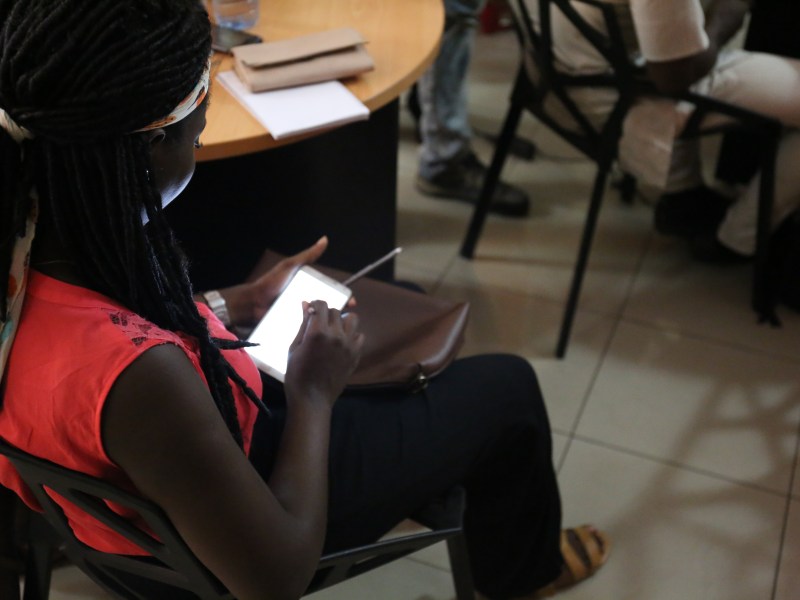Wikipedia provides a vast wealth of free knowledge to the world—more than 33 million articles in more than 280 languages—and allows anyone to contribute to or improve this collection. But as a movement that exists largely online, achieving our mission depends on people’s connection to communications infrastructure that is unfortunately not equally available to all.
Our support for the Lyon Declaration is part of our efforts to make Wikipedia available across the digital divide, including several community initiatives to provide offline access to Wikipedia. Starting in 2004, a group of English Wikipedia contributors began curating a collection of the best Wikipedia articles for distribution on CD or DVD, for places where access to the internet is limited or unavailable. Today, the Kiwix project makes it easier to download a compressed version of Wikipedia, enabling distribution through One Laptop Per Child, SOS Children’s Villages, and other programs supporting the use of inexpensive Wikipedia reader devices.
Even when an internet connection is available, it may not be affordable. In many parts of the world mobile phones are more common than desktop computers, but the cost of mobile data can be prohibitively high. To help ensure that those phones can be used to access and participate in knowledge creation we started Wikipedia Zero, offering mobile access to Wikipedia free of charge through commitments from mobile service providers in developing countries. Today, Wikipedia Zero helps extend access to information to more than 400 million users who may otherwise be unable to afford it. It is part of the broader access to knowledge movement to reduce barriers to knowledge, including poverty and limited internet connectivity[1].
We hope that the Lyon Declaration will further advance this movement across the globe. The Declaration urges nations to adopt a development agenda to address the inequality in access to information. This is a monumental challenge, and as the Declaration rightly asserts, it will require cooperation among a community of nations, civil society organizations, and private sector groups. We are happy to be among those groups, along with Wikimedia UK, Wikimedia Italy, and hundreds of other like-minded organizations that share a vision of increased access to knowledge. As part of this community that is working to spread free knowledge, we hope to see a global commitment to provide everyone the opportunity to connect to the internet and share.
Stephen LaPorte, Legal Counsel
Yana Welinder, Legal Counsel


